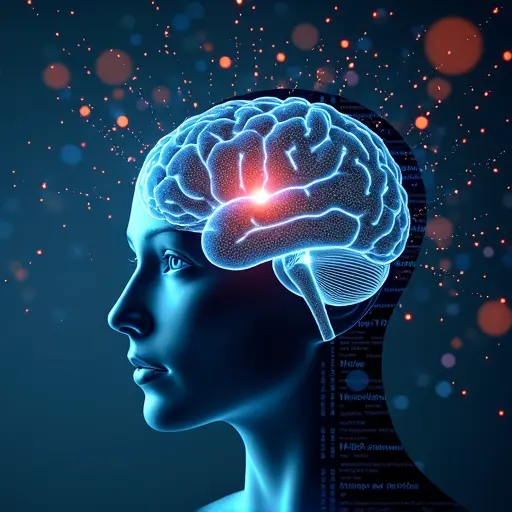
Scientists have developed a new type of AI system that behaves remarkably like a human brain. Not only does it perform better than existing models, but it also possesses something unique: a form of imagination.
The research builds on new insights into how our brains process information. The researchers focused on a specific type of brain cell that receives signals in two places: one for information from the outside world and one for context and prior experiences. When these two signals arrive simultaneously, an extra strong effect is created, inspiring them to develop a new way to build AI.
Based on this, they developed Co4: an AI system that doesn't just process data but simultaneously follows different thought paths. While many current AI models, such as ChatGPT, are primarily focused on attention and pattern recognition, Co4 actively works with questions, prompts, and possible explanations (hypotheses). These three components 'consult' each other constantly, allowing the system to switch quickly between quick impressions and deeper analyses, much like humans do.

 Nederlands
Nederlands
 English
English
 Deutsch
Deutsch
 Français
Français
 Español
Español
 Português
Português